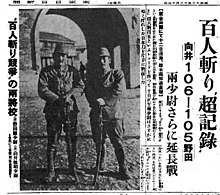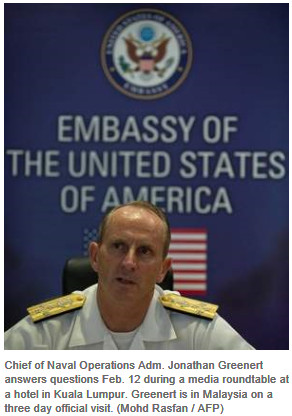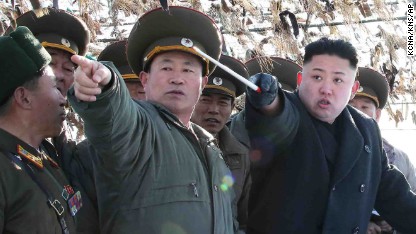Seoul Has a Duty to Feed Hungry N.Koreans
Food aid to North Korea is expected to become the focal point of any thaw in Seoul-Pyongyang relations. After agreeing to hold reunions of families separated by the Korean War on Feb. 20-25, officials from the North and South also signaled future discussions about humanitarian aid.
President Park Geun-hye on Thursday said South Korea needs to "make efforts to expand mutual understanding" with North Korea by "getting closer to the living conditions of North Koreans suffering from hunger."
North Korea is also in a desperate situation, so it may know better than to act carelessly, even though it is already noisily threatening to scrap the family reunions if joint South Korea-U.S. military drills continue or if the South Korean press criticizes the regime's leader Kim Jong-un.
Official South Korean food aid to North Korea ground to a halt in 2008. The UN World Food Programme recently decided to shut down five nutritional biscuit factories it had been operating in the North because international donations had run dry. Even a humanitarian organization created by former Microsoft head Bill Gates has excluded North Korea from its list of aid recipients citing distrust.
The halt in aid came due to North Koreas nuclear and missile development programs, and major provocations including the sinking of the Navy corvette Cheonan and shelling of Yeonpyeong Island.
Providing food aid to a country that threatens the world with nuclear weapons poses a huge dilemma. But the reality is that our fellow Koreans are starving to death just across the border.
Food aid to North Korea is expected to become the focal point of any thaw in Seoul-Pyongyang relations. After agreeing to hold reunions of families separated by the Korean War on Feb. 20-25, officials from the North and South also signaled future discussions about humanitarian aid.
President Park Geun-hye on Thursday said South Korea needs to "make efforts to expand mutual understanding" with North Korea by "getting closer to the living conditions of North Koreans suffering from hunger."
North Korea is also in a desperate situation, so it may know better than to act carelessly, even though it is already noisily threatening to scrap the family reunions if joint South Korea-U.S. military drills continue or if the South Korean press criticizes the regime's leader Kim Jong-un.
Official South Korean food aid to North Korea ground to a halt in 2008. The UN World Food Programme recently decided to shut down five nutritional biscuit factories it had been operating in the North because international donations had run dry. Even a humanitarian organization created by former Microsoft head Bill Gates has excluded North Korea from its list of aid recipients citing distrust.
The halt in aid came due to North Koreas nuclear and missile development programs, and major provocations including the sinking of the Navy corvette Cheonan and shelling of Yeonpyeong Island.
Providing food aid to a country that threatens the world with nuclear weapons poses a huge dilemma. But the reality is that our fellow Koreans are starving to death just across the border.







 yesterday visited Dr. Sun Yat-sen's Mausoleum in Nanjing, paying his respects to the national father, and spoke about the founding of the Republic of China.
yesterday visited Dr. Sun Yat-sen's Mausoleum in Nanjing, paying his respects to the national father, and spoke about the founding of the Republic of China.
